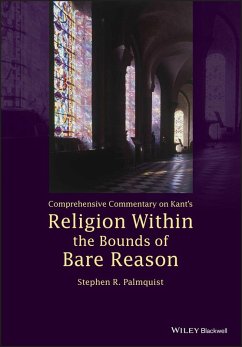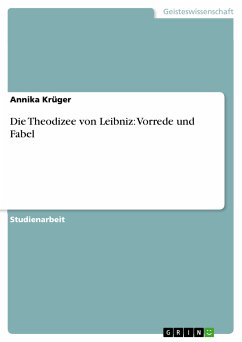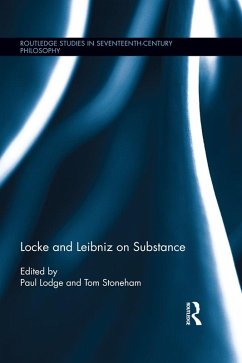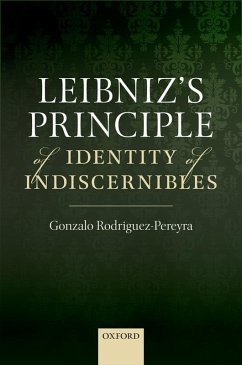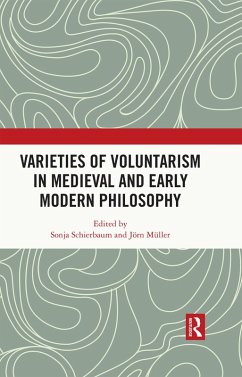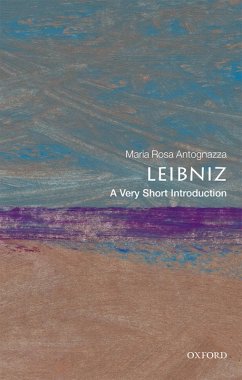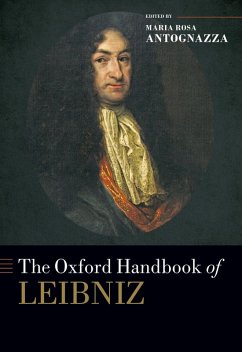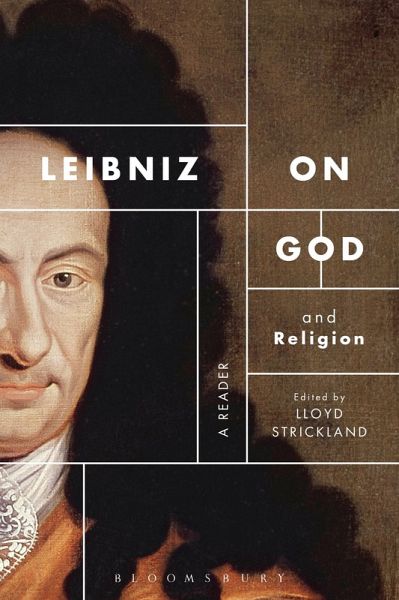
Leibniz on God and Religion (eBook, ePUB)
A Reader
Redaktion: Strickland, Lloyd
Versandkostenfrei!
Sofort per Download lieferbar
23,95 €
inkl. MwSt.
Weitere Ausgaben:

PAYBACK Punkte
12 °P sammeln!
Bringing together Leibniz's writings on God and religion for the very first time, Leibniz on God and Religion: A Reader reflects the growing importance now placed on Leibniz's philosophical theology. This reader features a wealth of material, from journal articles and book reviews published in Leibniz's lifetime to private notes and essays, as well as items from his correspondence. Organised thematically into the following sections, this reader captures the changes in Leibniz's thinking over the course of his career: The Catholic Demonstrations The existence and nature of God Reason and faith ...
Bringing together Leibniz's writings on God and religion for the very first time, Leibniz on God and Religion: A Reader reflects the growing importance now placed on Leibniz's philosophical theology. This reader features a wealth of material, from journal articles and book reviews published in Leibniz's lifetime to private notes and essays, as well as items from his correspondence. Organised thematically into the following sections, this reader captures the changes in Leibniz's thinking over the course of his career: The Catholic Demonstrations The existence and nature of God Reason and faith Ethics and the love of God The Bible Miracles and mysteries The churches and their doctrines Grace and predestination Sin, evil, and theodicy The afterlife Non-Christian religions In preparing this reader, Strickland has returned to Leibniz's original manuscripts to ensure accurate translations of key texts, the majority of which have not been available in English before. The reader also contains a number of texts previously unpublished in any form. Alongside the translations, this reader contains an introductory essay, explanatory notes on all of the texts, and suggestions for further reading. This valuable sourcebook enables students of all levels to achieve a well-rounded understanding of Leibniz's philosophical theology.




